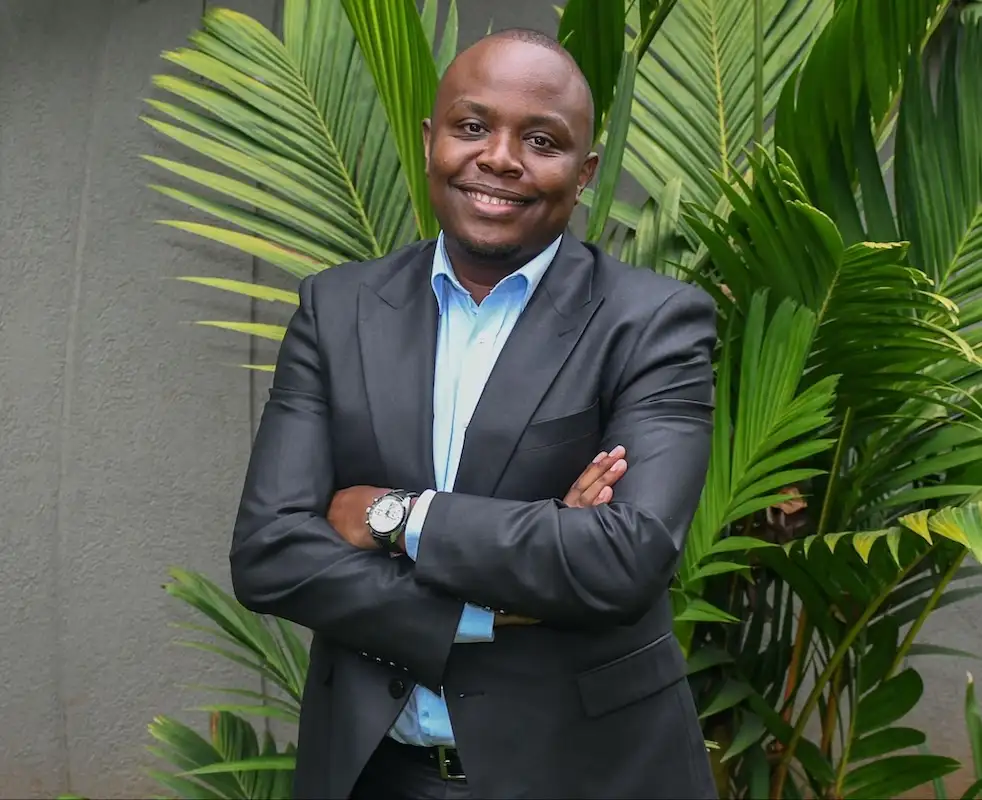M-KOPA is positiomning itself to be a key player in making the transition to electric mobility affordable and accessible. The company is known for its pay-as-you-go financing model and is now using its platform to support the adoption of electric motorcycles and other mobility solutions across the country. Kenya has seen a rise in electric motorcycle manufacturers over the last couple of years signaling a shift in this sector.
TechArena spoke with Brian Njao, General Manager – Mobility at M-KOPA. We wanted to understand how the company is approaching electric mobility in Kenya, how financing is unlocking access for riders and what the future looks like for sustainable transport in the region.
TechArena: Let’s start with an overview of what inspired M-KOPA to get into the electric mobility sector and how does it fit within your broader mission?
Brian Njao: M-KOPA has always been about access from it’s smartphones, solar systems or now mobility. We saw an opportunity to apply our financing expertise to a sector where affordability has been a major barrier. Our goal is to make it possible for riders to own and operate electric motorcycles without the high upfront cost that typically holds them back.
TechArena: How is M-KOPA approaching this rollout in Kenya? What’s the focus right now?
Brian Njao: We are focused on ensuring riders can access electric motorcycles through flexible financing. Kenya is an ideal market as it has a huge boda boda sector and the economic case for electric bikes is strong. The initial rollout has focused on Nairobi and a few surrounding towns where we can build strong operational support and charging infrastructure. Based on what we learn, we will be able to scale to other towns.
TechArena: Electric mobility depends a lot on partnerships from manufacturers to charging networks. How is M-KOPA working with other players in this space?
Brian Njao: Collaboration is critical. We are partnering with local and international electric motorcycle manufacturers to make sure the bikes meet riders’ needs in performance, durability, and cost. We’re also working closely with charging and battery-swapping providers so that customers have a reliable experience. M-KOPA’s role is to make the ecosystem work financially, giving riders the ability to get on the road and repay over time, while the partners handle technology and infrastructure.
TechArena: Financing is at the heart of M-KOPA’s model. How does that work for e-mobility and what makes it unique?
Brian Njao: Our model is built around accessibility and data. A rider can acquire an electric motorcycle with a small deposit and repay in flexible installments be it daily, weekly, or monthly. We can efficiently assess credit risk and scale responsibly since we already have experience in asset financing. We aim to help riders build financial identity while participating in the clean energy transition.
TechArena: What are some of the biggest challenges you’ve faced so far in Kenya’s e-mobility rollout?
Brian Njao: Awareness and perception remain big hurdles. Many riders are still learning about how electric bikes work, how to charge or swap batteries and what the long-term costs look like. Then there’s infrastructure, battery-swapping and charging networks need to grow faster to meet demand. But we see progress; the ecosystem is coming together, and once riders experience the savings and reliability, adoption accelerates naturally.
TechArena: From your perspective, what will it take for Kenya’s e-mobility market to really scale?
Brian Njao: A few things including collaboration among players, continued investment in charging infrastructure and supportive regulation. The government has been proactive in this but there is room for more coordination. We are focused on proving that electric mobility is sustainable and commercially viable for riders.
TechArena: Finally, what’s next for M-KOPA Mobility in Kenya?
Brian Njao: We’re expanding our footprint and deepening existing partnerships. The goal is to reach more riders across different regions. We also want to introduce more models tailored to local needs and continue improving our financing experience. Electric mobility is still in its early stages here, but we are confident it’s the future and we want to be at the center of making that future accessible to as many Kenyans as possible.
For these and more stories, follow us on X (Formerly Twitter), Facebook, LinkedIn and Telegram. You can also send us tips or reach out at info@techarena.co.ke.
Also Read: M-KOPA Hits 3M Active Customers

